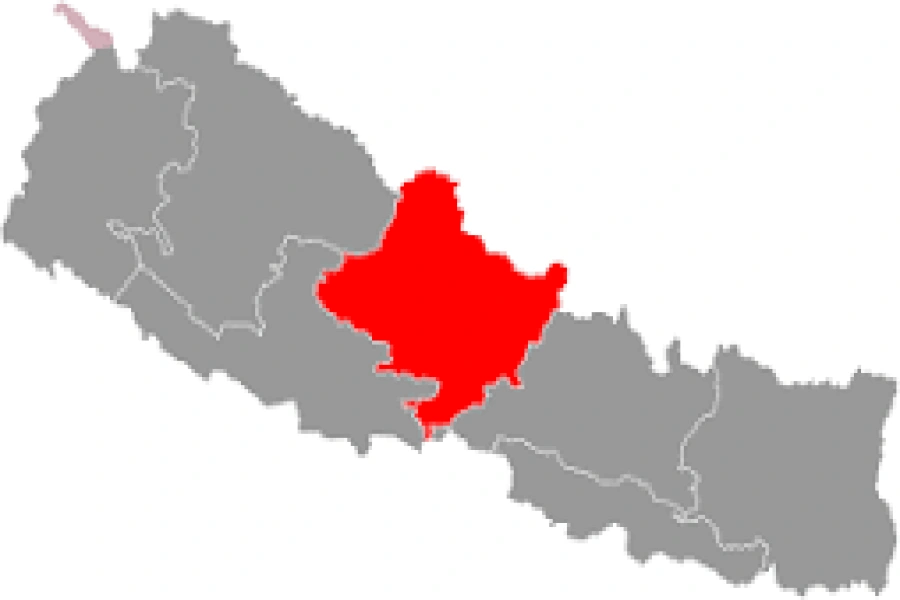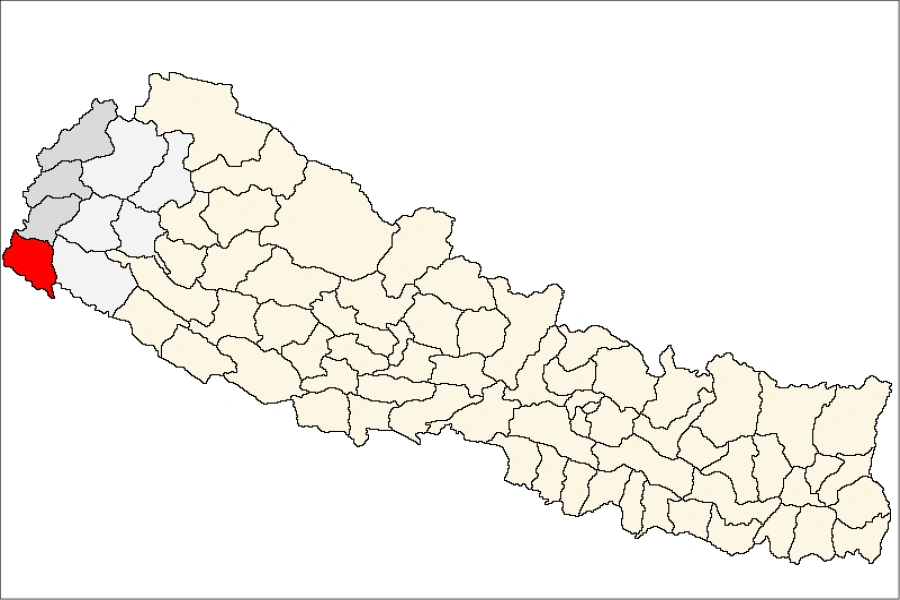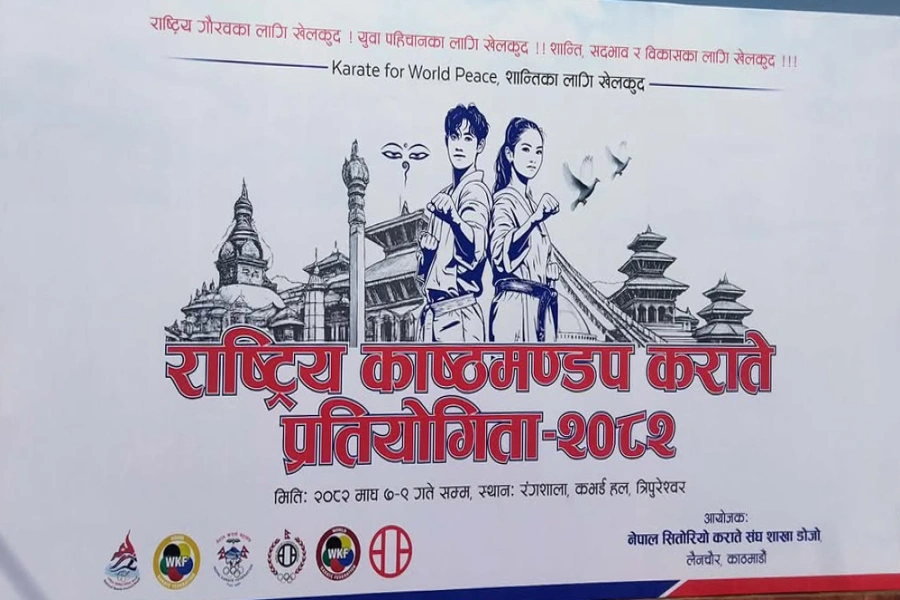'No demand for organic orthodox tea from int'l buyers'
ILAM, April 13: The demand for Nepali organic orthodox tea has dropped to near zero due to COVID-19 pandemic.
According to tea industrialists and traders, they have not received new orders since the COVID-19 outbreak in China in December last year.
Nepal's annual tea exports is worth nearly Rs 3.25 billion. But the export is expected to take a significant hit this year.
Tea importers from countries like the US, Germany, China, Japan, France and the Netherlands used to visit tea gardens in March-April to place orders. But due to COVID-19 pandemic, they neither visited the tea gardens, nor have placed any order this year.
Lack of conservation area for rare tea plant

As the government has enforced nationwide lockdown, farmers couldn't even pluck first flush harvests this season.
According to tea traders, importers from different European countries were planning to visit Ilam to place orders when COVID-19 was confined within China. “A group of importers from Germany were scheduled to arrive here this month. But they canceled their trips after the COVID-19 became a pandemic,” Udaya Chapagain, a tea industrialist, told Republica. “Tea market has become uncertain this year.”
Albeit late, Chapagain's firm – Gorkha Tea Estate – at Sundarpani of Suryodaya Municipality has started plucking and processing tea. “But I don't know where to sell my product. As the international market is affected, tea farmers and industrialists are staring at a huge loss,” he added.
Gorkha Tea Estate produces 75 tons of organic orthodox tea annually. According to Chapagain, nearly 95% of his total productions is exported to Germany. Along with leaves grown in its own garden, it has been processing tea leaves grown by 260 farmers.
The situation of Kanchanjunga Tea Estate of Panchthar is no different. According to Nirananda Acharya, manager of Kanchanjunga Tea Estate, the company has not been able to establish contact with regular buyers this year. “Many businesses in Europe and the US are closed due to COVID-19 pandemic. We have not received any orders so far,” he added.
Last year, Kanchanjunga Tea Estate had produced 75 tons of organic orthodox tea. “Nearly 90% of our total productions is exported to third countries,” he said, adding: “We have already suffered loss of more than Rs 9.2 million due to the delay in plucking first flush leaves due to the ongoing lockdown. We will have to suffer huge loss if we do not get any order.”
Kanchanjunga Tea Estate processes tea leaves produced by as many as 112 farmers.
The Netherlands is the main market for tea produced by Jasbire Tea Industry of Ilam. The industry is focused on producing high-quality tea. For that, it pays local farmers as high as Rs 1,500 per kg for tea leaves.
“Compared to others, our cost of production is high. All our investment will go to waste if we failed to get any order this year,” Sarad Subba, owner of Jasbire Tea Industry, told Republica.
The COVID-19 pandemic will affect as many as 10,000 farmers. According to Central Board of Statistics and National Tea and Coffee Development Board, Ilam has the highest concentration of tea farmers in the country while Jhapa is the largest tea producer. However, Ilam, Panchthar and Dhankuta are among the largest producers of organic orthodox tea exported to third countries.
“This year, we have not received orders from India, let alone European countries,” Kamal Mainali, the promoter of Himalayan Shangrila Tea Producers Pvt Ltd, said.
Himalayan Shangrila Tea Producers Pvt Ltd has been producing 120 tons of tea annually.


































